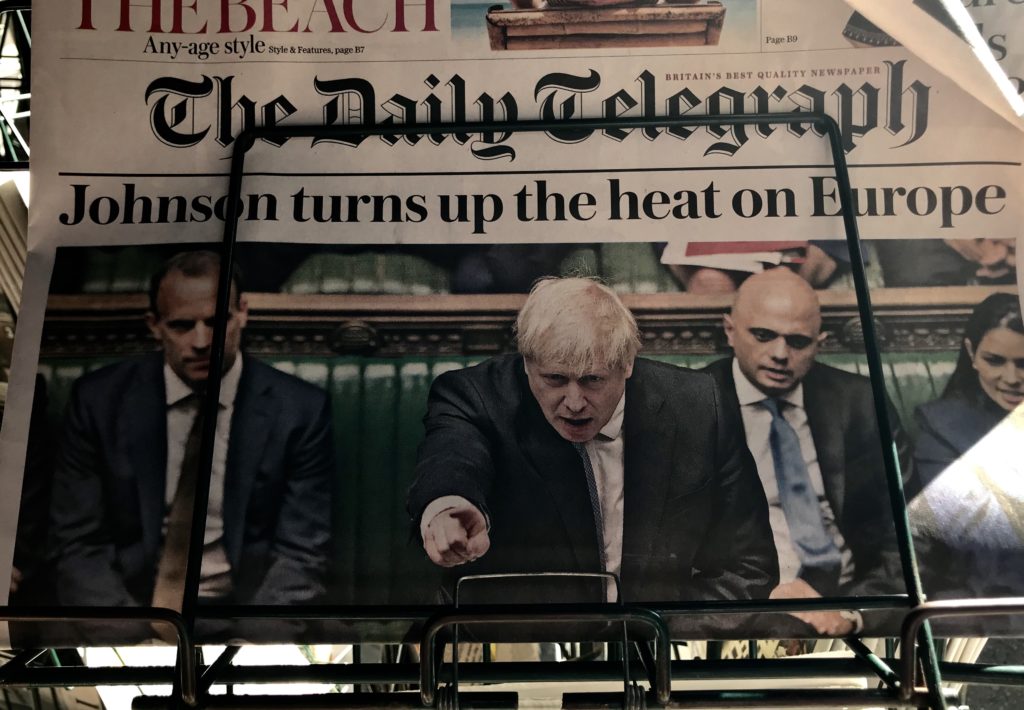Two thoughts running through what might loosely be called my mind.
- Famously, one mantra of the Obama team in the run-up to his election in 2008 was “Never let a serious crisis go to waste”.
- My colleague David Runciman’s distinction between scandals and crises. Scandals happen all the time in democracies. They create a great deal of controversy, publicity and heat. But in the end they don’t lead to anything: the media caravan moves on; conversation around the water-cooler switches to other topics; life goes on. Crises are different: they have all the features of scandals, but they do in the end lead to systemic change. So the question always to ask when something blows up is “is this a scandal or a crisis?”
And the connection between these two?
Something that John Lanchester wrote at the end of his splendid piece about UBI mentioned in the previous post.
Milton Friedman wasn’t right about everything, but he knew more than anyone in modern political economics what it takes to change an intellectual climate. He worked out how to make a new idea take shape first as something thinkable, and then as a specific policy. He said that the crucial step was to be ready:
“Only a crisis – actual or perceived – produces real change. When that crisis occurs, the actions that are taken depend on the ideas that are lying around. That, I believe, is our basic function: to develop alternatives to existing policies, to keep them alive and available until the politically impossible becomes the politically inevitable.”
Lanchester sees UBI as one of those ideas that happen to be lying around.
That’s very astute, because Friedman (and his associates, notably Hayek) were consummately successful in getting their neoliberal ideas into the political bloodstream in time for politicians like Ronald Reagan and Margaret Thatcher to pick them up.

